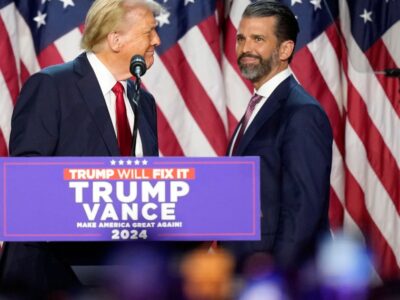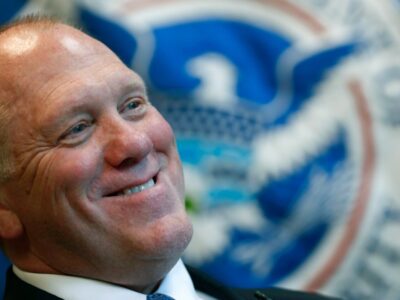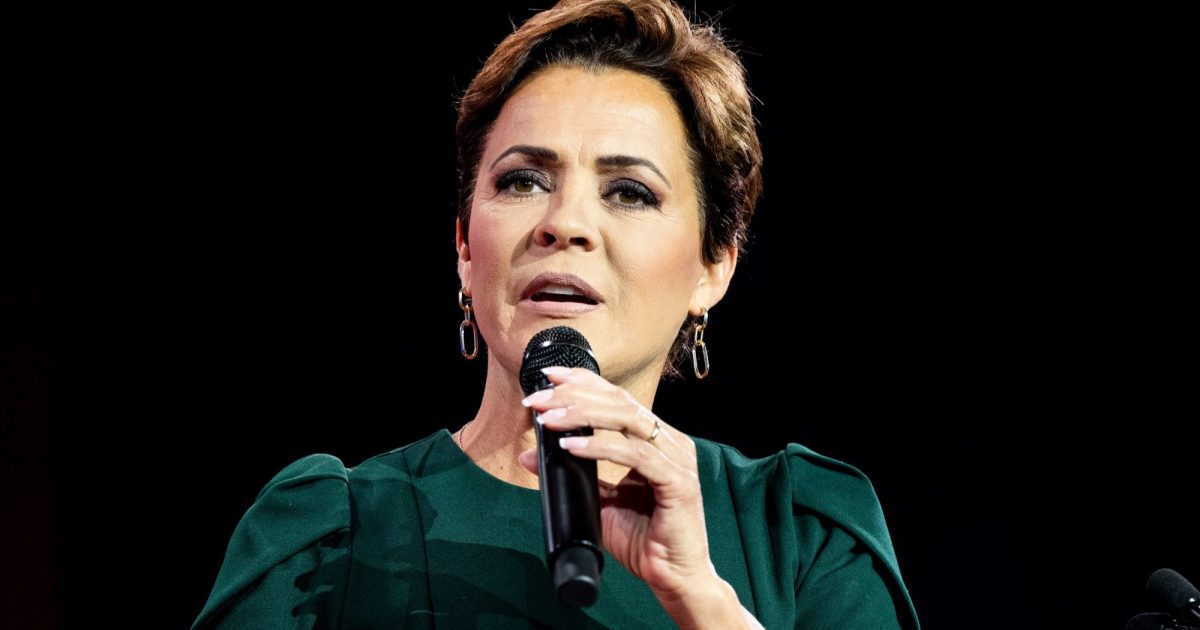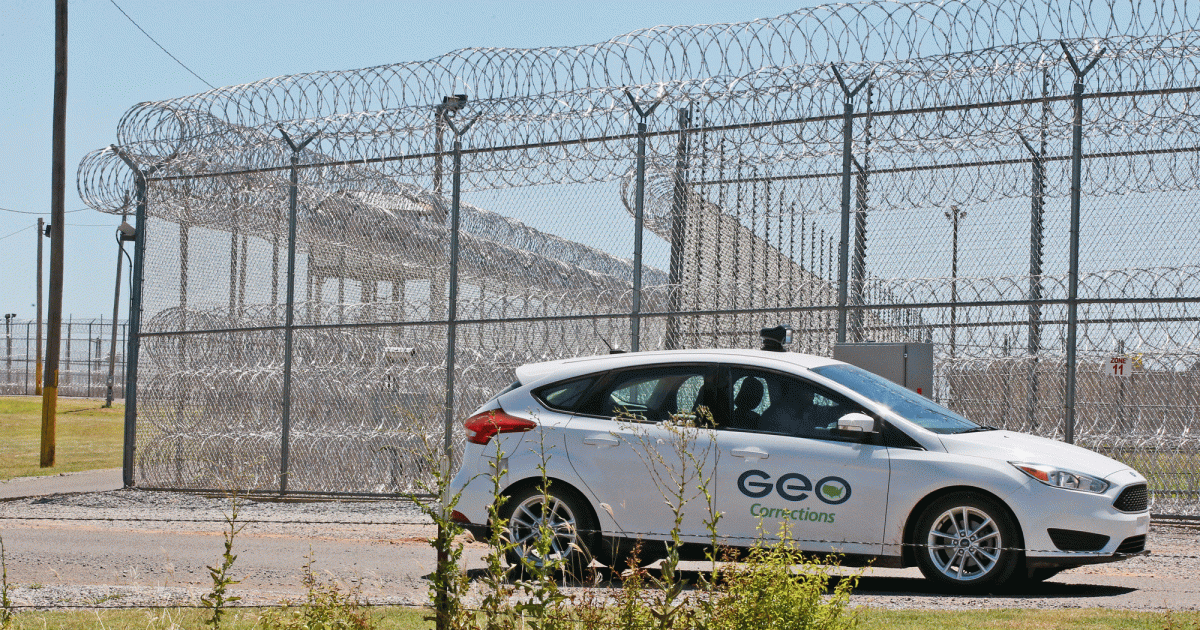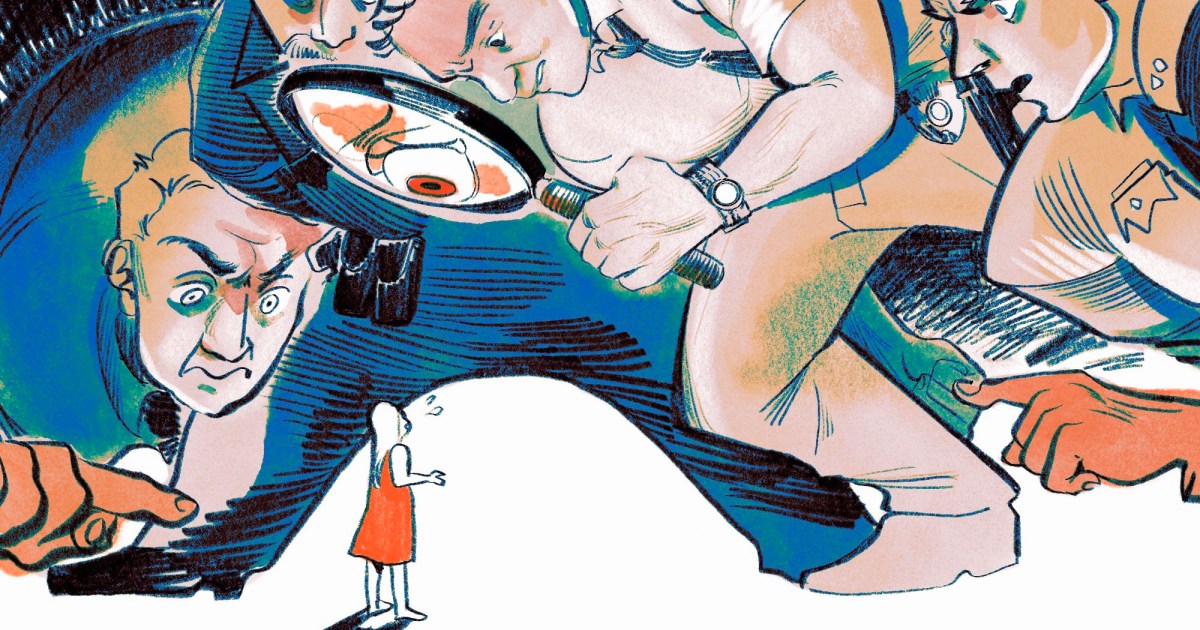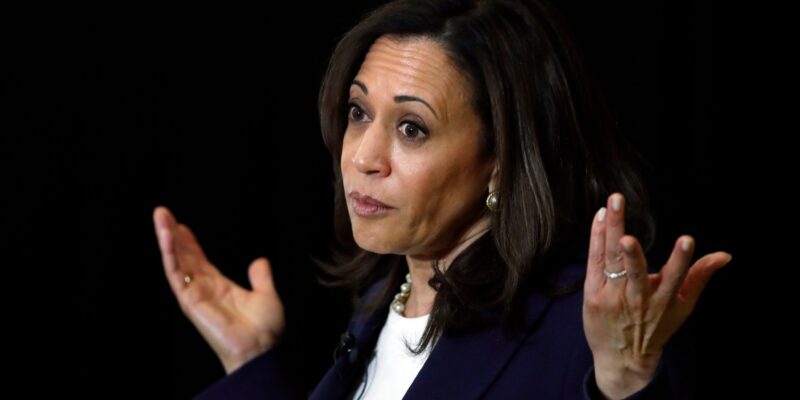
Vice President Kamala Harris does not enjoy being compared to Barack Obama. It was an easy association to make 15 years ago, when both were promising upstarts relatively new to the national stage. She supported and stumped for him early on during his first run for president, and their biographies are broadly adjacent; they’re biracial Democratic politicians with megawatt smiles who came of age in the post-civil rights era. But that’s where any useful comparisons end, primarily for one reason: Harris hates giving flowery speeches.
She has emphasized this point repeatedly in interviews and profiles. “Policy has to be relevant,” Harris told the New York Times back in 2019, in the middle of her own run for president. “That’s my guiding principle: Is it relevant? Not, ‘Is it a beautiful sonnet?’”
As President Joe Biden fights persistent calls to drop out after a poor debate performance that made questions of his age undeniable, the potential of Vice President Harris as a candidate—or president if Biden steps down before the election—has gone from right-wing conspiracy to front-page possibility.
A slew of prominent Democrats, including longtime Reps. Jim Clyburn (D-S.C.), Maxine Waters (D-Mo.), and, of course, Harris herself, have reiterated their support of his candidacy.
But in all the calls there has been a continual debate: Would Harris at the top of the ticket actually do better than an aging Biden?
I have spent years reporting on Harris. She’s not a dreamer. She’s a pragmatist. It’s why the vice presidency, a role that requires one to operate largely as a symbol and a diplomat, has seemed like such an uneasy fit. Harris deals best in details and action. During her campaign for president, she looked best on the debate stage. As a Senator, her brightest moments were when she attacked during hearings. She would aim a litany of Socratic-style questioning at an expert or nominee and methodically back them into a corner. Remember when she did it to Jeff Sessions? “I’m not able to be rushed this fast,” he broke down during one exquisite line of questioning from Harris during his confirmation for attorney general. “It makes me nervous.”
Harris did it again to eventual Supreme Court Justice Brett Kavanaugh during his Senate confirmation hearings. She asked if he agreed there were “both sides to blame” for the white supremacist rally in Charlottesville that left one woman dead, as then-president Donald Trump insisted. When Kavanaugh, whose records on civil rights was, at best, spotty, tried to wax poetic on the role of the judiciary, Harris quipped, “we can move on.”
In the ill-fitting vice president job, many have forgotten how smart, decisive, and appealing Harris can be when the role fits. If the job is to attack Trump on his criminal record, who better than a prosecutor?
Harris is still one of the most effective spokespersons for the Biden administration even if she stays in her current position. No, she’s not perfect, but she’s effective when properly positioned to deliver a strong case against a president who has been indicted for trying to overturn election results. And yet the Biden team, for many reasons, seems reluctant to let her loose.
The smart bet would be to blanket the country with Harris, letting her hammer away at Trump’s long history of lies and predation.
The case against Trump is strong. Harris can make it.
Back in 2017, when Harris was a newly-elected freshman senator from California, I accompanied her on a visit to the Central California Women’s Facility, the largest women’s prison in the country. We toured various inmate-run workshops, each an example of the state’s efforts to successfully rehabilitate women who were at the mercy of the criminal punishment system.
As a prosecutor in San Francisco years before, Harris talked a lot about being “smart on crime,” ostensibly the opposite of the decades-long tough-on-crime rhetoric that had ballooned California’s prison system. Harris built coalitions of activists, non-profits, and businesses to offer job training programs to young people who pled guilty to non-violent drug offenses. It wasn’t earth-shattering stuff. It didn’t threaten to reshape America’s criminal justice system. But it did offer a practical alternative to people who may not have otherwise had access to services people in richer areas might take for granted.
At the prison that day in 2017, we toured a flag-making workshop. I was lost in the cruel irony that symbols of American freedom that would fly atop courthouses and schools were being crafted by people who did not have freedom of movement, not to mention the right to vote. But for Harris, it was a moving, practical display that left her in awe—a sign that the American flag flew even for the least free among us.
Later, Harris recalled what she was thinking in remarks at a church in Atlanta. “That day when I was looking at those women and talking with them, they were doing everything…from cutting the fabric to silk-screening and pushing the paint through the stars and the stripes,” she said. “And I thought, ‘Yes, certainly they have made mistakes, but that’s their flag too.’”
Kamala Harris is, as many of her critics have noted, a trained prosecutor who spent the first two decades of her career enforcing the rule of law. She’s not a poet—her “coconut tree” gaffe and the flurry of sometimes supportive memes that followed make this abundantly clear. In 2020, her past made it hard for her to break through. Right now, it could be exactly what’s needed.


